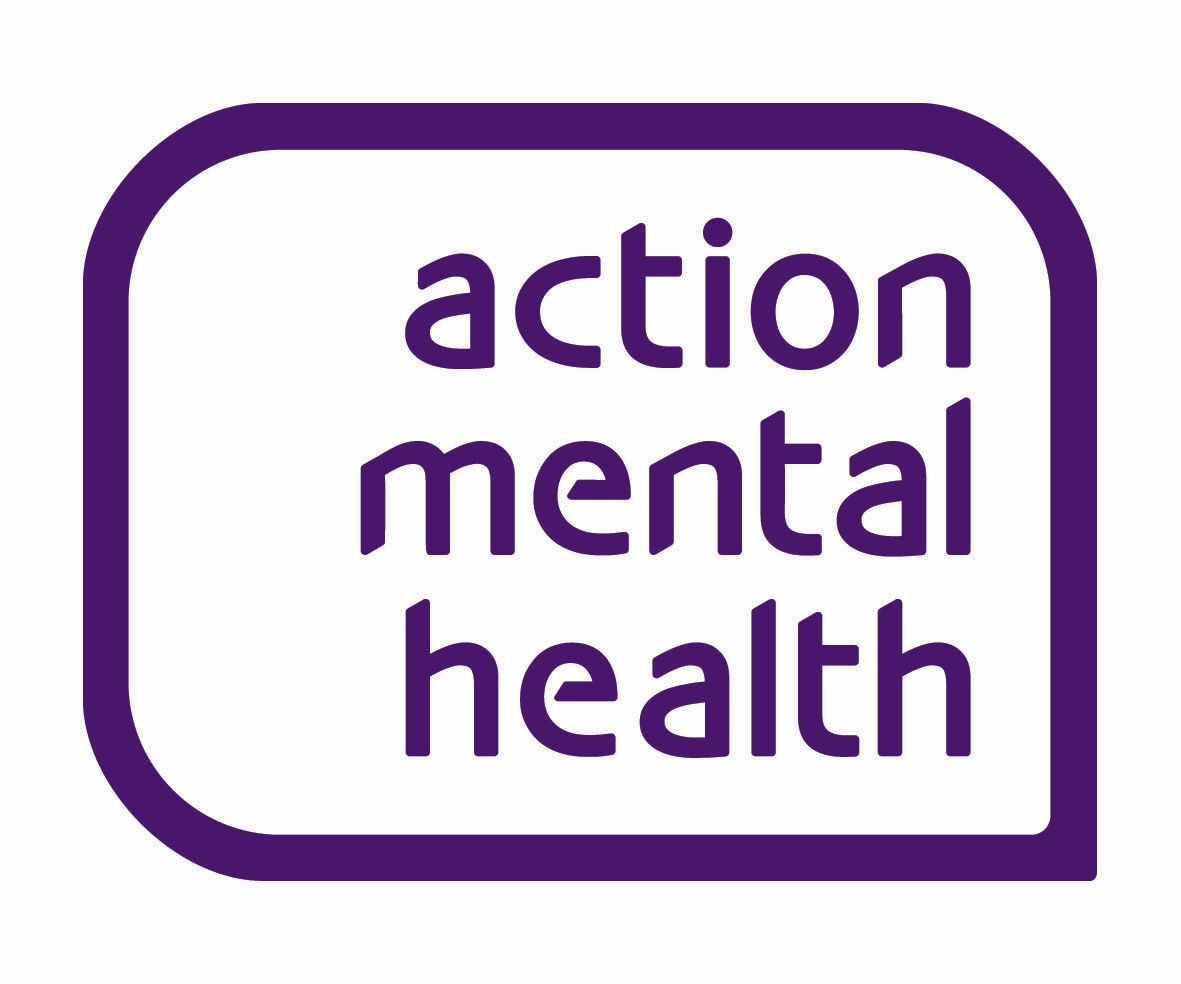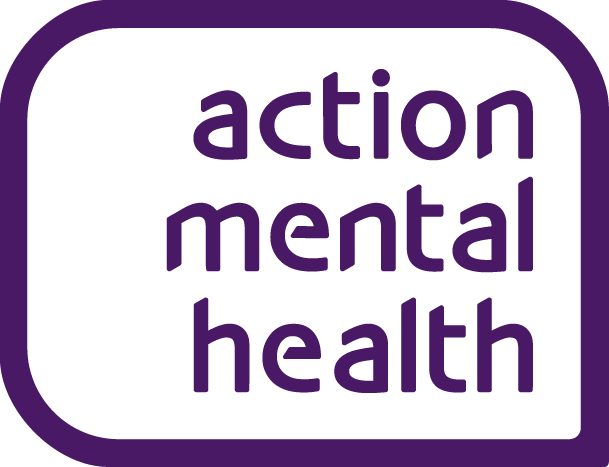Fact sheet: What is therapy?
- Provide a safe and non-judgemental space
- Help you to understand yourself better
- Help you to process difficult feelings or develop coping strategies to manage them
- Enable you to recognise unhelpful patterns in your life and find ways to adapt
What can therapy help with?
People seek out therapy for a variety of reasons including:
- Mental health concerns: Therapy can help to alleviate the symptoms of mental health concerns such depression, anxiety, eating disorders, bipolar disorder or post-traumatic stress disorder.
- Difficult life events: Therapy can be a safe space to process difficult or distressing life events such as bereavement, job loss or relationship problems.
- Challenging feelings: Many people seek out therapy to help them cope with and understand challenging feelings like low self-esteem, anger or shame.
- Other issues: Therapy can provide a non-judgemental space to explore other issues such as sexual identity, workplace concerns, family dynamics, long-term physical health problems etc.
What are the different types of therapy?
There are many different types of talking therapies and no two therapists will ever be exactly the same. Some people may find that they try a few different approaches and/or therapists before finding the therapy that works best for their needs. Others may find that therapy works best in combination with other treatment methods such as medication or lifestyle changes. Some common forms of talking therapies include:
Cognitive Behavioural Therapy
CBT aims to help you to understand how your thoughts, feelings and behaviours affect you. It focuses on equipping you to overcome negative thinking patterns and is typically delivered over a 6-16 week period, however may be extended in accordance with your needs.
Interpersonal Therapy
IPT focuses on your relationships with others including issues such as managing bereavement and overcoming difficulties with communication.
Behavioural Activation
Rather than focusing on thoughts and feelings, behavioural activation focuses on identifying links between certain activities and your mood. This therapy aims to help you make practical changes that may improve your symptoms.
Psychodynamic Psychotherapy
Psychodynamic, or psychoanalytic, therapies help you to become aware of difficult feelings in relationships and stressful situations. It also aids in identifying patterns within your life that may contribute to your symptoms.
Integrative Therapy
Integrative therapists combine a range of therapeutic modalities and techniques to meet your needs.
What can I expect from my first therapy session?
Within your first therapy session, your therapist may cover the following information:
- The type of therapy that they provide and their ethos on therapy
- Their professional background, experience and qualifications, including which accrediting body they are registered with
- Relevant policies including confidentiality, GDPR and cancellation policies
- The expected duration of the therapy
- Their fees (if applicable)
Whilst the therapist will provide lots of information during this first session, it’s also a space for you to ask questions and share more about what your goals for therapy and/or any worries and concerns you may have.
What might future therapy sessions involve?
Is therapy confidential?
- Your therapist’s supervisor. Therapists are ethically bound to work with a therapeutic supervisor in order to ensure that they’re delivering high quality therapy to clients. Your therapist may discuss your case with their supervisor in order to ensure that they are best equipped to meet your needs. This supervisor is also obliged to keep confidentiality.
- Safety exceptions. If your therapist believes that you pose a serious threat to your safety or the safety of someone else, they may need to inform others in order to maintain safety. Your therapist should tell you if they plan to do this.
- Legal exceptions. In some instance, your therapist may be obliged by law to break confidentiality. For example, in the case of terrorist activities.
How can I access therapy?
If you live in Northern Ireland, there are a range of different ways that you can access therapies. These include:
- NHS therapeutic services: If you feel you would benefit from NHS therapeutic services, your GP can conduct an assessment and refer you to the appropriate pathway for your presenting concerns.
- Charitable services: There are a range of charitable services in Northern Ireland that offer low or no cost counselling services, such as Action Mental Health, Contact NI and Links Counselling. Details of these services are available within the “Help and Support” section of the Workplace Wellbeing Hub.
- Private Psychotherapy: If you wish to pursue private psychotherapy, it is important to ensure that your therapist has been accredited by a valid counselling body such as the BACP, IACP or NCS. Each of these bodies allow you to search for therapists on their websites by using the “find a therapist” function.

